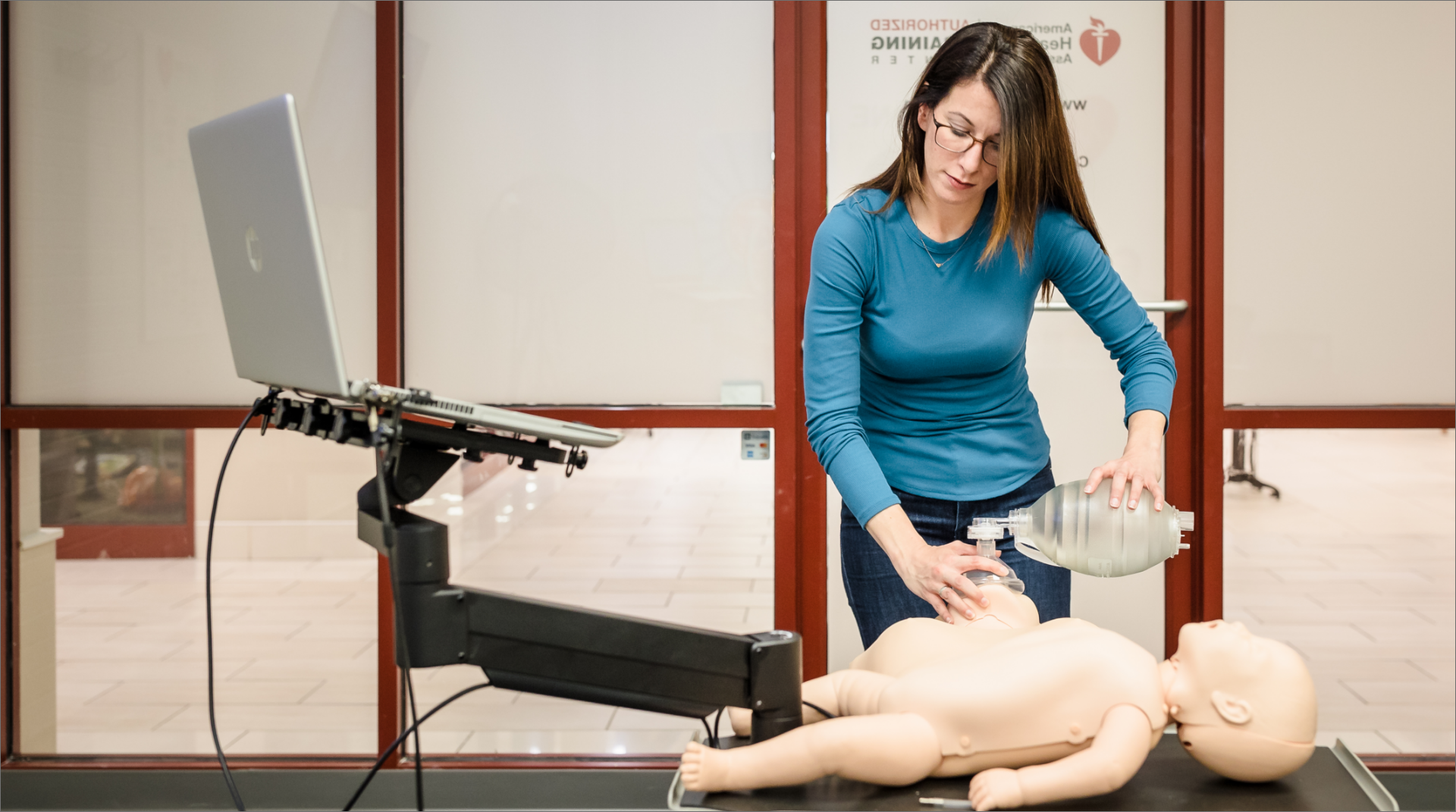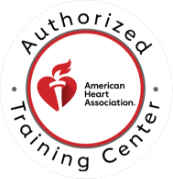

CPR Resource Center
The most comprehensive library of emergency training resources — including videos, articles, downloads, and more.


The most comprehensive library of emergency training resources — including videos, articles, downloads, and more.
As the slate of CPR programs offered by the American Heart Association has a few choices, one of the things that needs determining is which level do you need? Is it BLS Provider or Heartsaver for instance? Let’s focus on BLS which is recommended for those who furnish health services.
So, what is a healthcare provider? The truth of the matter is, there is no simple answer. It depends on who you ask. A healthcare or medical treatment provider can be a person, a healthcare network, professional association, or even a regulatory agency.
All of the above provide one or perhaps many services that can be interpreted as furnishing medical care/treatment related to maintaining or returning someone to their homeostatic state. Here we’ll confine our context to regulatory agencies & professional associations.
The Centers for Medicare & Medicaid Services (CMS) defines treatment as Something done to help with a health problem. For example, medicine and surgery are treatments.1 However, helping with a health problem is a wide-ranging term. In addition to those things involving direct patient interaction, certain administrative tasks could also fit that definition. The latter could include setting policy inclusions & exceptions regarding insurance coverage(s).
Equally adding to the complexity of things is that some regulatory agencies’ definitions conflict when referring to the same matter. OSHA defines medical treatment as the management and care of a patient to combat disease or disorder.2 It also lists several exclusions that it considers First Aid and not medical treatment.
These include administering tetanus immunizations for example. But not immunizations for other conditions such as Hepatitis B or Rabies.3 So using the OSHA standard for the latter, you’re providing healthcare/medical treatment. But not so for the former. Here the CMS & OSHA definitions disagree with each other.
Definitions can also vary from state to state. Connecticut for example lists over 25 terms related to the definition of healthcare.5 In Pennsylvania, there are over a dozen categories of licensing/credentialing for individuals that are healthcare providers.6
According to the American Medical Association (AMA), the definition of basic healthcare includes that which …reduces our pain and suffering, helps prevent premature loss of life, and provides information needed to plan for our lives.4 Both physicians and medical students are among those covered in the above.
The provision of healthcare isn’t relegated to a particular or traditional setting either. Since the onset of the current pandemic, care locations are in even more diverse settings. So, this should also be considered.
For example, The American College of Emergency Physicians maintains that- Emergency medicine is not defined by location but may be practiced in a variety of settings including, but not limited to, hospital-based and freestanding emergency departments (EDs), urgent care clinics, observation medicine units, emergency medical response vehicles, at disaster sites, or via telehealth.7
In summary, answering the question of whether or not one is a provider of health/medical care isn’t a simple yes or no. It’s a matter of “peeling back the onion” and looking at many layers of the question to see who’s asking.
Generally, if you’re dealing with direct patient care of the sick and/or injured, the answer is yes. But those are not the only people for whom yes is the correct answer.
1. Centers for Medicare & Medicaid Services (CMS). (2006, May 14). Glossary. https://www.cms.gov/apps/glossary/default.asp?Letter=T&Language=
2. US Department of Labor, Occupational Safety & Health Administration. (2015, December 14). Standards & Regulations. https://www.osha.gov/laws-regs/interlinking/standards/1904.7(b)(5)(i)
3. US Department of Labor, Occupational Safety & Health Administration. (2015, December 14). Standards & Regulations. https://www.osha.gov/laws-regs/interlinking/standards/1904.7(b)(5)(ii)
4. American Medical Association. (2016, November 14). Defining Basic Health Care. https://www.ama-assn.org/delivering-care/ethics/defining-basic-health-care
5. Health Care Definitions. (n.d.). CT.Gov – Connecticut’s Official State Website. https://portal.ct.gov/OHA/Health-Care-Plans/Managed-Care/Health-Care-Definitions
6. Pennsylvania Licensing System (PALS). (n.d.). Pennsylvania Department of State. Retrieved April 30, 2021, from https://www.pals.pa.gov/#/page/default
7. American College of Emergency Physicians. (2021, January). American College of Emergency Physicians-Policy Statement. https://www.acep.org/globalassets/new-pdfs/policy-statements/definition-of-emergency-medicine.pdf
Help Me Find a Course